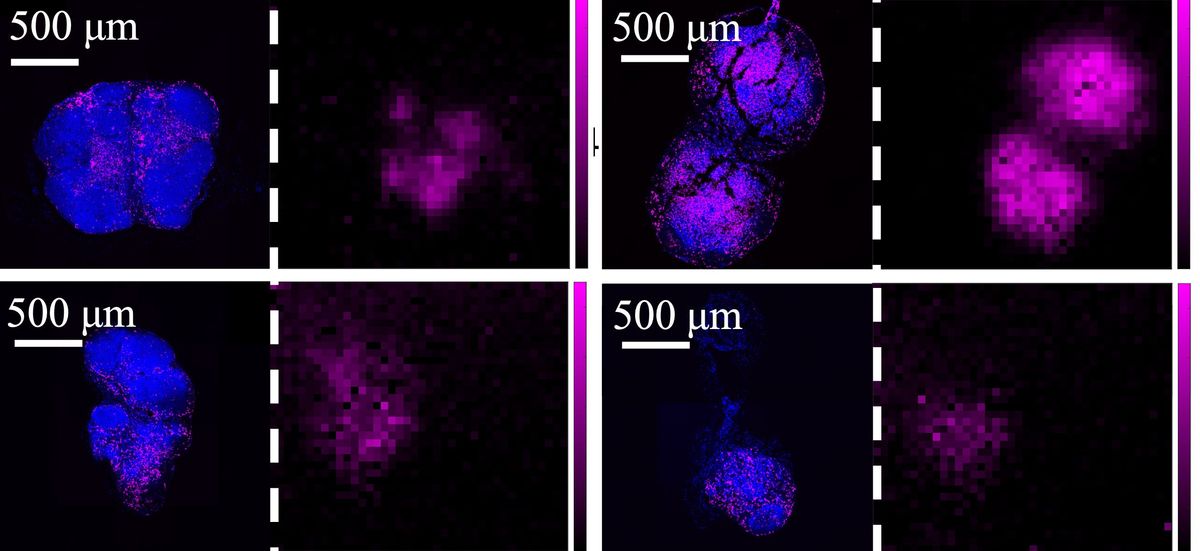noun Etymology: Yiddish khutspe, from Late Hebrew _u_p_h Date: 1883 : supreme self-confidence : nerve, gall synonyms see temerity — Mirriam-Webster Online Dictionary
I'm ready to close the 2009 Chutzpah Contest, and it's not even July yet. Here's the putative winner:
Your e-mail address was supplied to us as having double-opted-in to mailings of this type, and having agreed to accept such mailings from third party partners. If you want to discontinue getting this, follow the unsubscribe instructions at either the top or bottom of this e-mail, and we will gladly remove you from this list. We send only this Daily Newsletter, which contains no advertising of any kind. We have no desire to send our Newsletter to anyone who does not want it. If you don't want it, please unsubscribe by clicking on the links above or at the bottom.
Let's look at that again. According to Opt-In News (is there an emoticon for the shock and awe on my face when I found there was a publication called Opt-In News?):
In a single opt-in, people submit an email address and ask (opt) for specific emails to be sent to them. The inherent issue with a single opt-in is that people might submit their name inadvertently, or someone may have submitted their name for them, against their wishes. Double opt-in is an enhanced permission that tackles these issues. With double opt-in, the submitted name is not immediately added to a mailing list. Instead, an email is sent to the address, asking to confirm that email address should indeed be added. If the recipient of the confirmation email does nothing, the submitted address is taken off of any mailings. The name is only added to a distribution list if the recipient responds to the confirmation email.
So in other words, my email address was bought from some listowner whose list I'm on because I double opted-in. It hardly needs saying that even if I triple opted in to one list, I may not want to be on some unrelated list. It definitely goes without saying that the phrase “mailings of this type” is meaningless. Any mailing can call itself a “newsletter,” for example, so since I subscribe to one newsletter, it's supposed to follow that I'll welcome every other newsletter in the world? Needless to say, the mailing list in question has an unsubscribe option. But let's look at it:
DO YOU NOT WANT TO BE REMOVED FROM THIS MAILING? TO UNSUBSCRIBE, send an e-mail to the following address: mailto:marchreport_daily_alert_ble601-request@mail.marchreport.com?subject=unsubscribe This will invoke an automated unsubscribe process, and you will receive one final e-mail confirming that you have in fact been unsubscribed.
Do you love the double-negative of “do you not want to be removed from this mailing?” as much as I do? It's purpose is just to confuse, and therefore discourage me from unsubscribing. But you have to love even more “This will invoke an automated unsubscribe process” - in fact, it evokes an email that makes you reconfirm your desire to unsubscribe to this list that you never subscribed to in the first place. In other words, there was no double-opt-in to the list, nor even a single-opt-in, but you have to double-opt-out. Ah, the sweet smell of success. J.J. Hunsecker would be proud.


